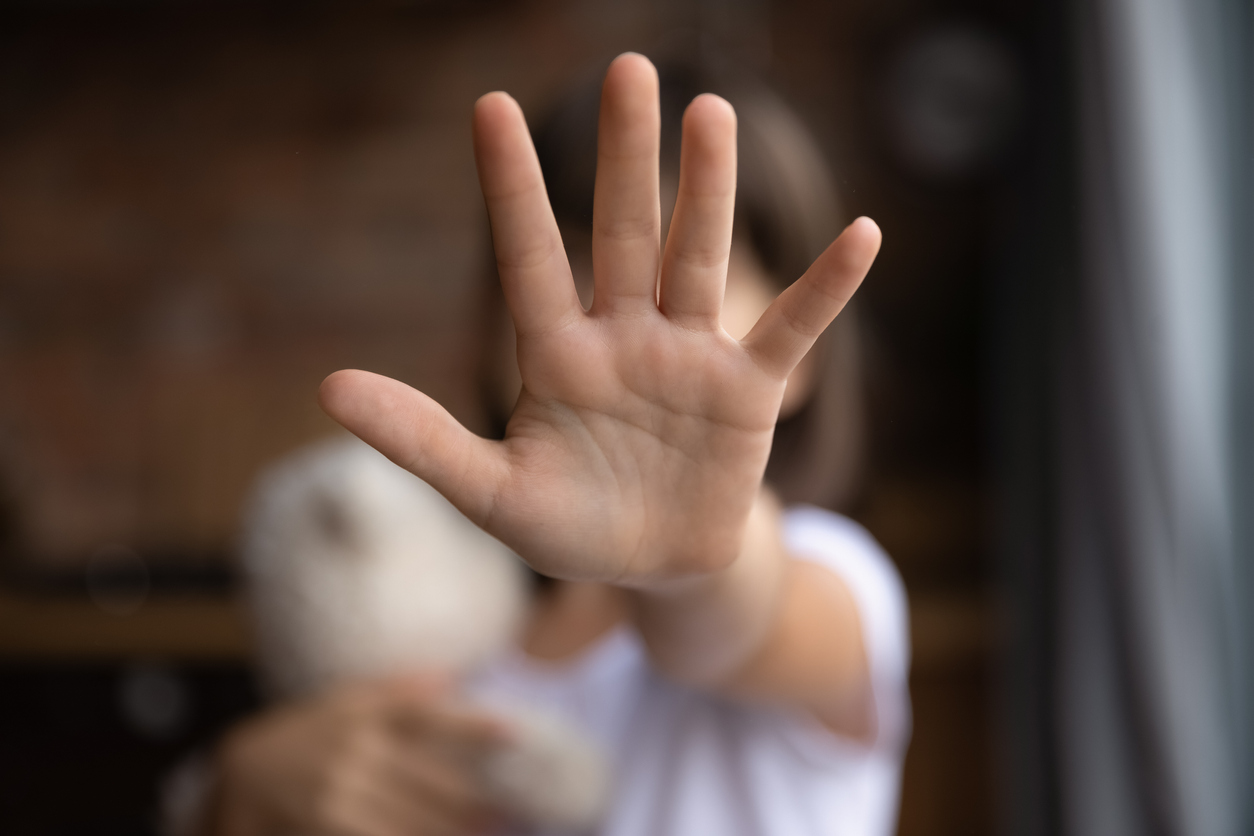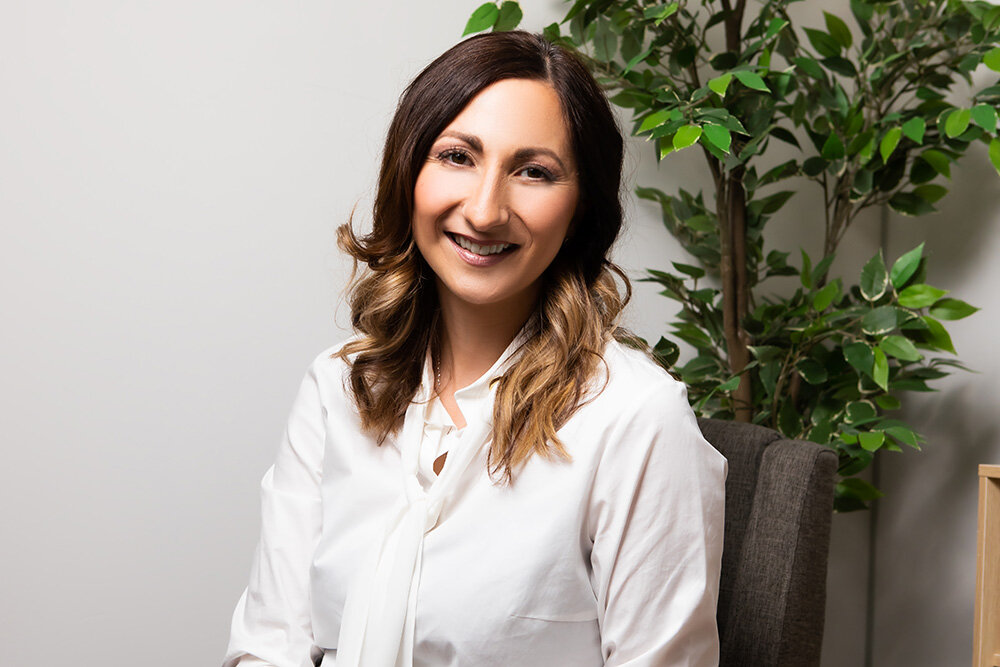What Is Bullying?
Although single incidents and conflicts or fights between individuals are concerning and need to be dealt with, they are not defined as bullying. Bullying is ongoing and involves repetitive behaviours that cause feelings of inferiority, intimidation, and hurt.
Here are some key signs that identify whether your child might be being bullied:
- School refusal: your child might make excuses about going to school or be unwilling to participate in school activities
- Drop in academic performance: your child might be getting lower grades or failing tests more so than in the past
- Changes in sleep and eating patterns: your child may be eating and sleeping more or less as a result of being bullied
- Frequent tears, anger, mood swings: often children who are bullied are more ‘on edge’ than their peers, as well as seeming down and withdrawn
- Unexplained minor injuries: children who are being physically harmed can try to hide their injuries due to feelings of fear or shame.
- Arriving home hungry: your child may be avoiding eating at school to reduce possibility of being teased for it.
What Should I Do If My Child Is Being Bullied?
If you are worried that your child is being bullied, here are some tips that might help:
- Talk with your child about school. Asking general questions about how things are going at school might assist you to further understand what’s going on.
- Talk about bullying. Informing your child that you have noticed a change in them and providing a non-judgmental and supportive space can be a huge stress relief for someone who is being bullied.
- Contact your child’s school. Working together with the school is the best way to help your child resolve bullying issues. Make a time to talk with your child’s teacher or school counsellor.
- Avoid social isolation. It is common for children being bullied to isolate themselves away from all social interaction. Support your child to spend time with family as well as engage them in activities outside of school to build new social networks.
- Support your child. Ensure your child knows that bullying is not their fault. Assist them to reframe a bully’s behaviour as being a result of an unhappy person wanting you to feel as badly as they do.
Where Can I Get Help For Bullying?
If you have concerns for your child, seek some support. You can call or email our friendly staff at Mindspace Psychology and they will be able to provide you with some information and answer any questions you might have. We have clinicians who have special interests in supporting children of all ages, those who support parents, and who are versatile and can provide both video and face to face consultations.



